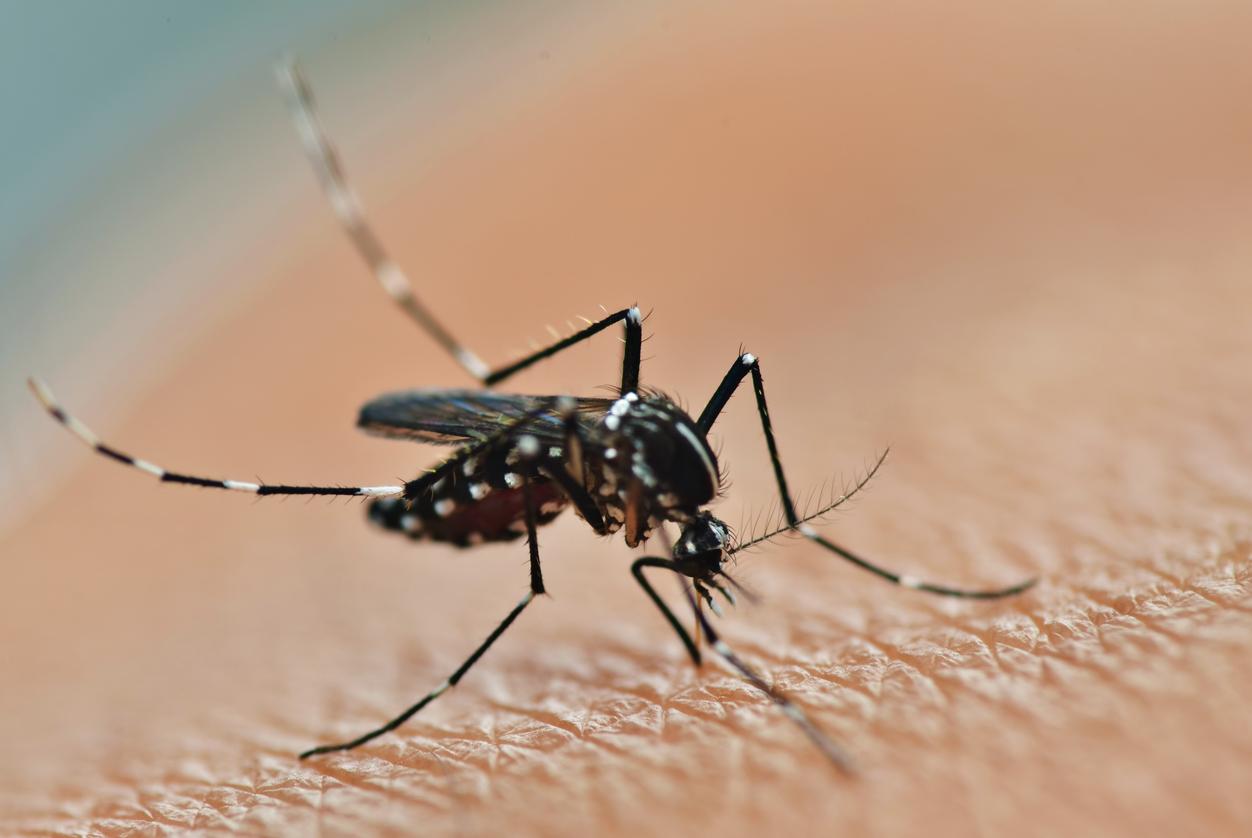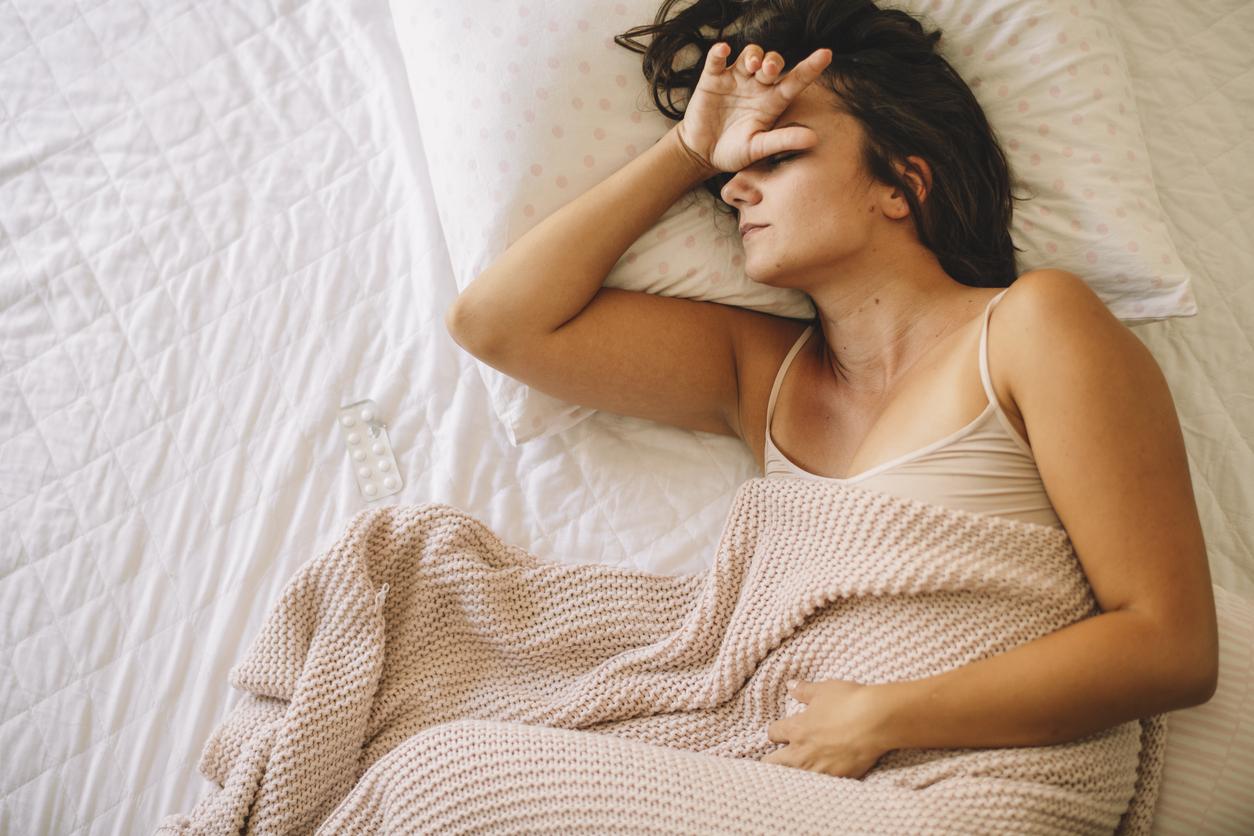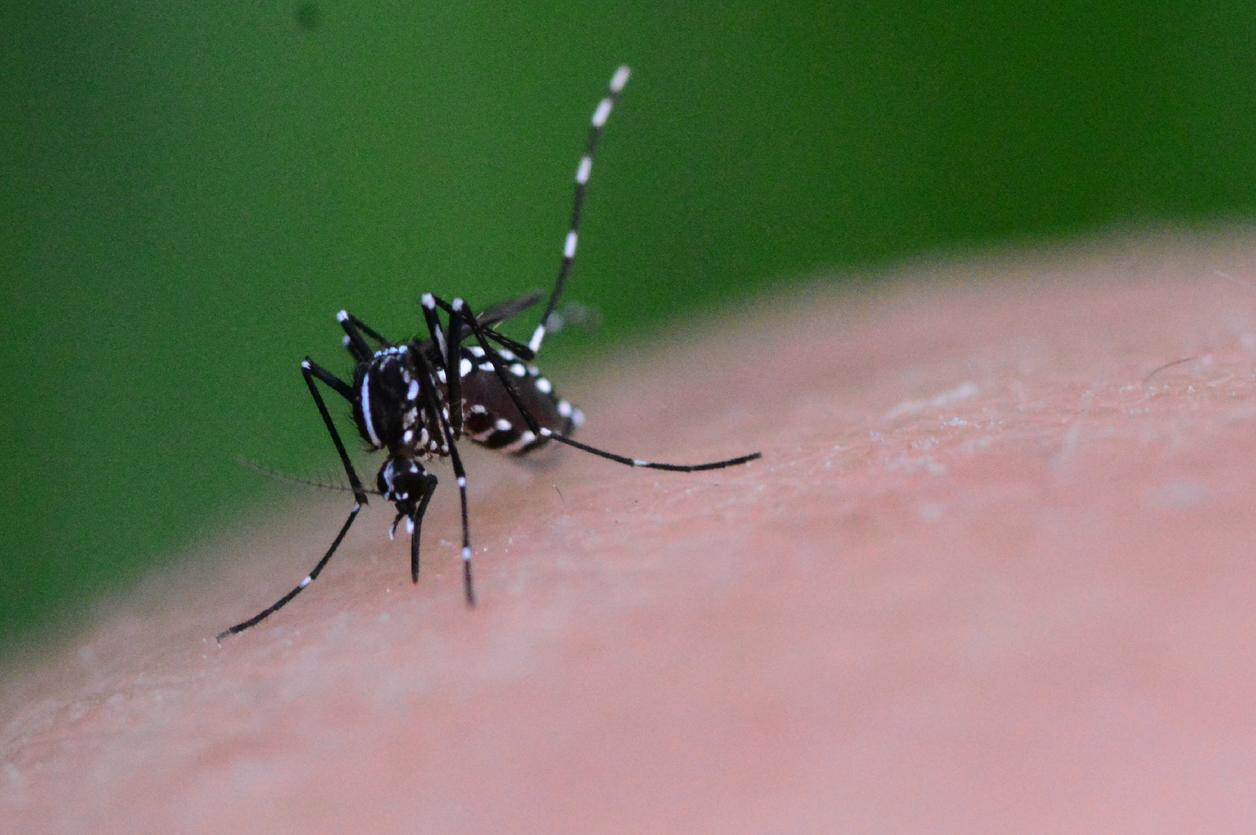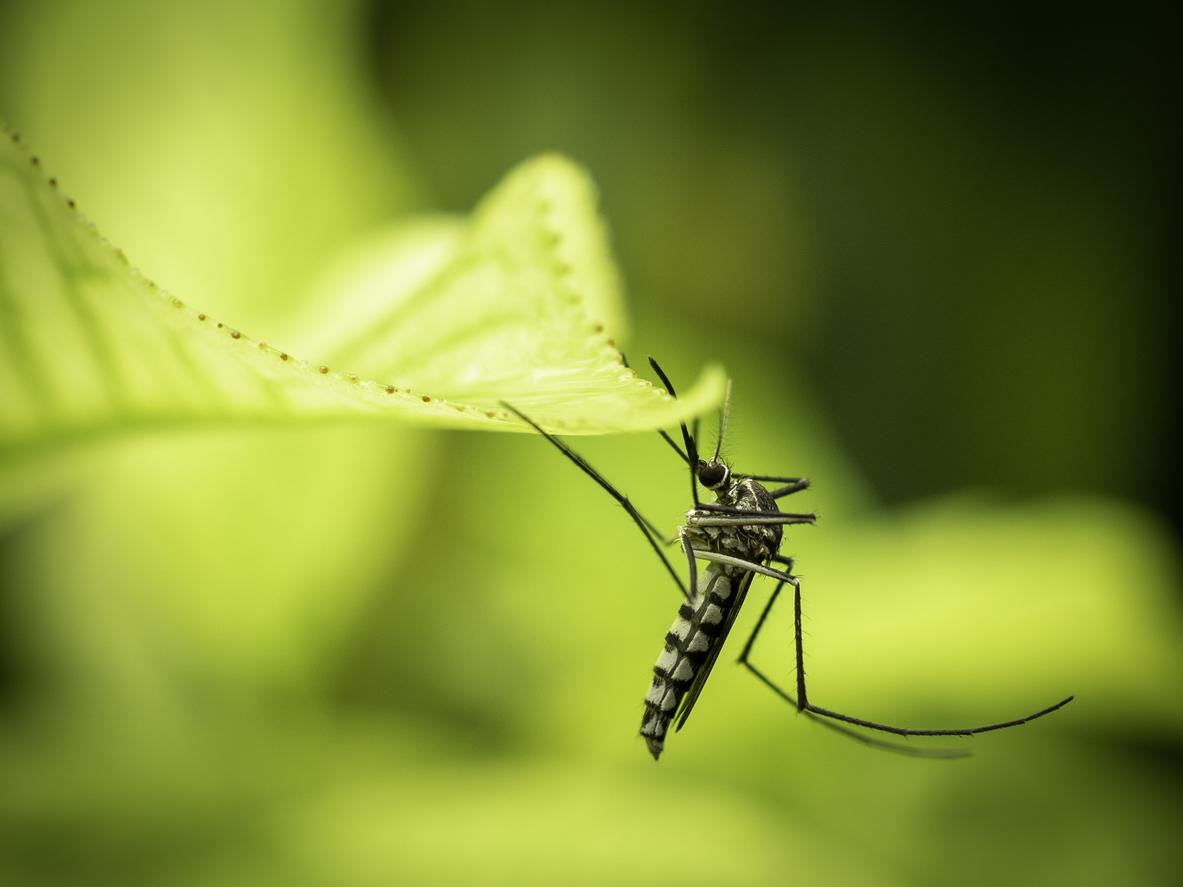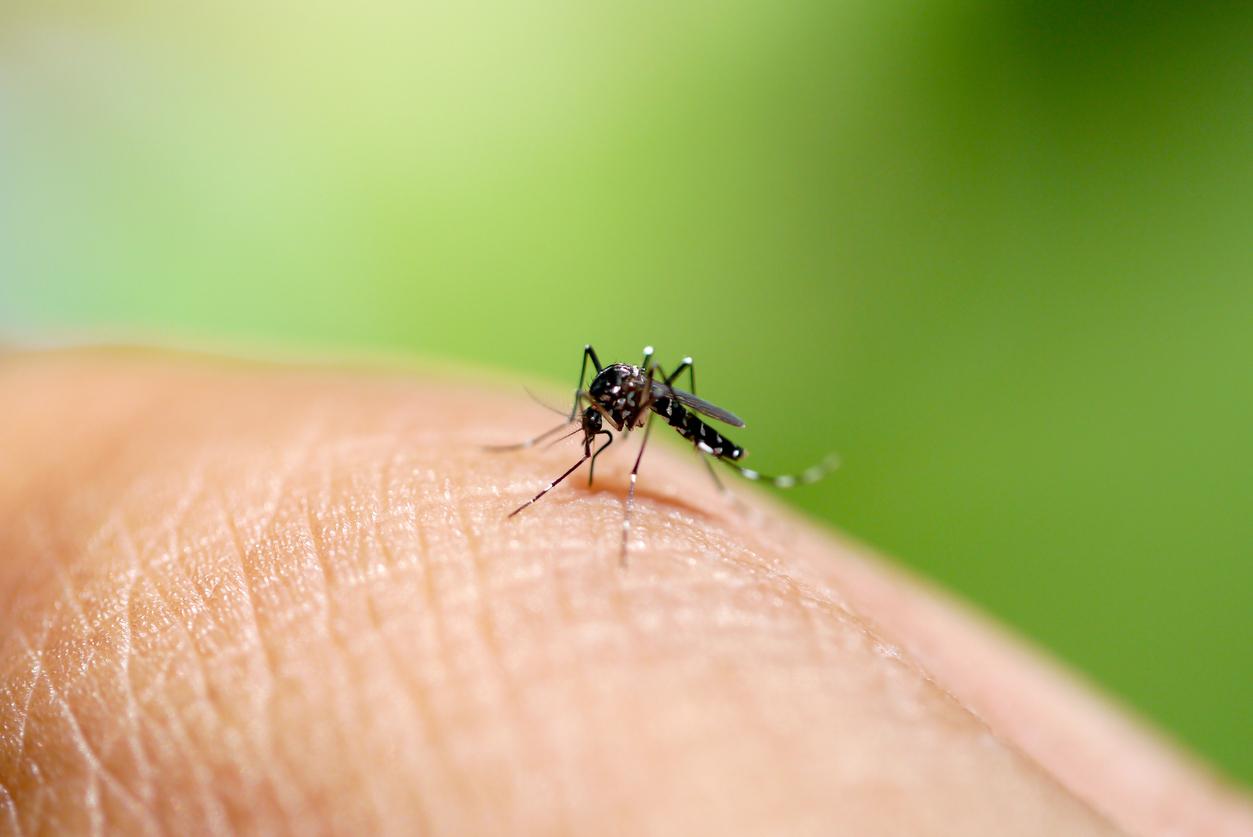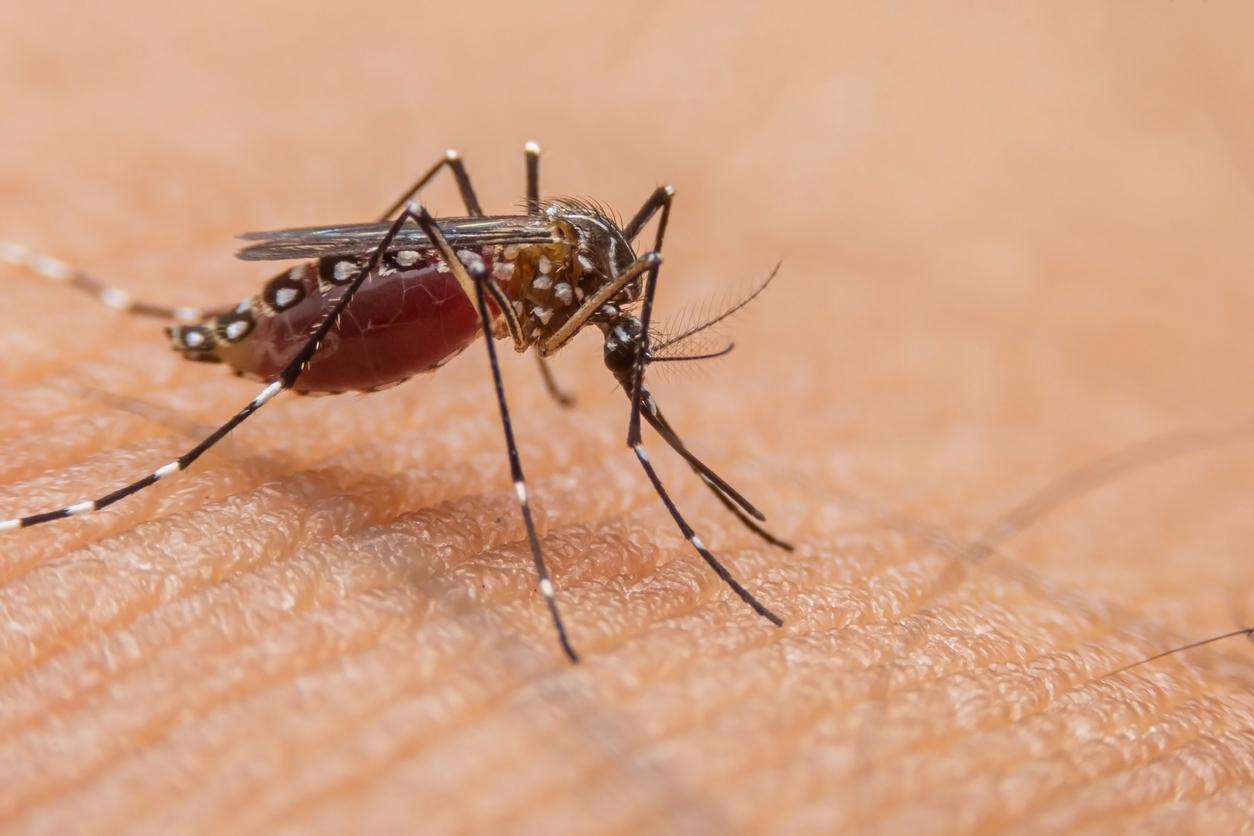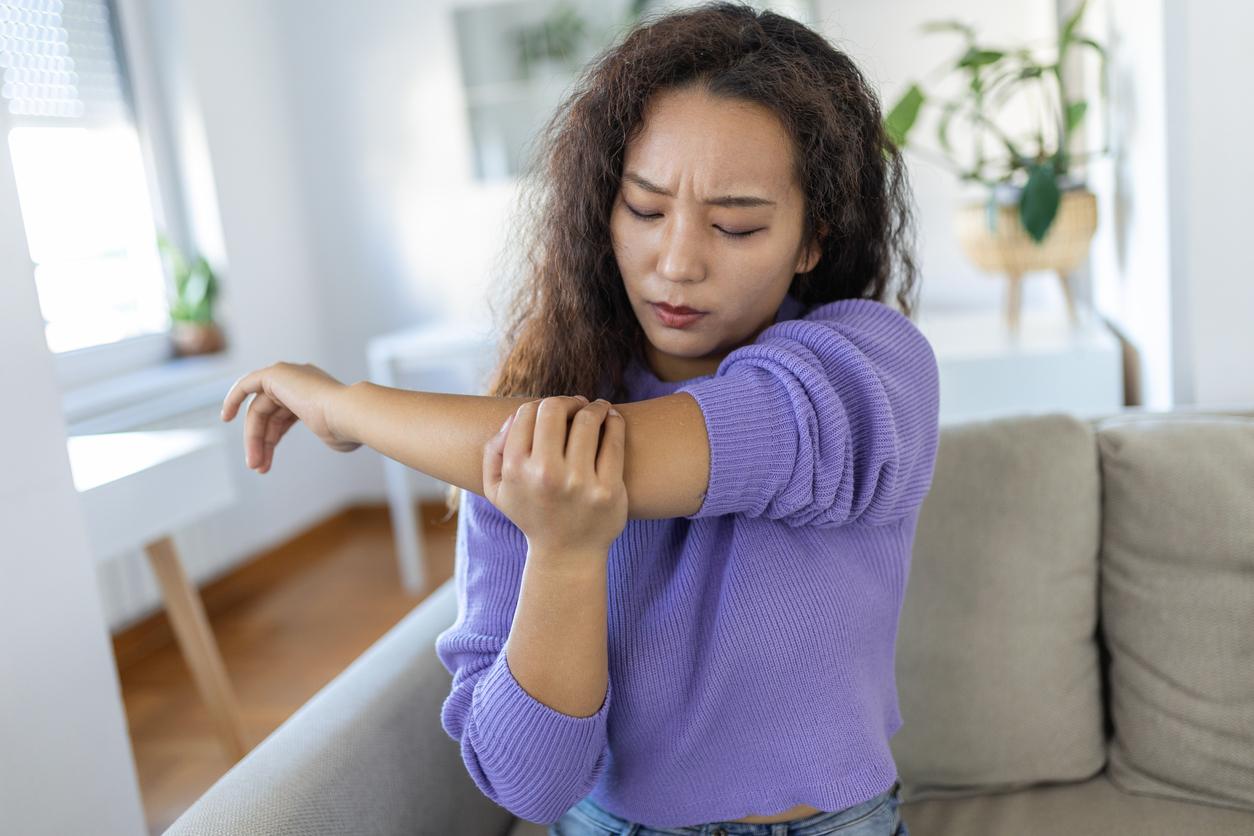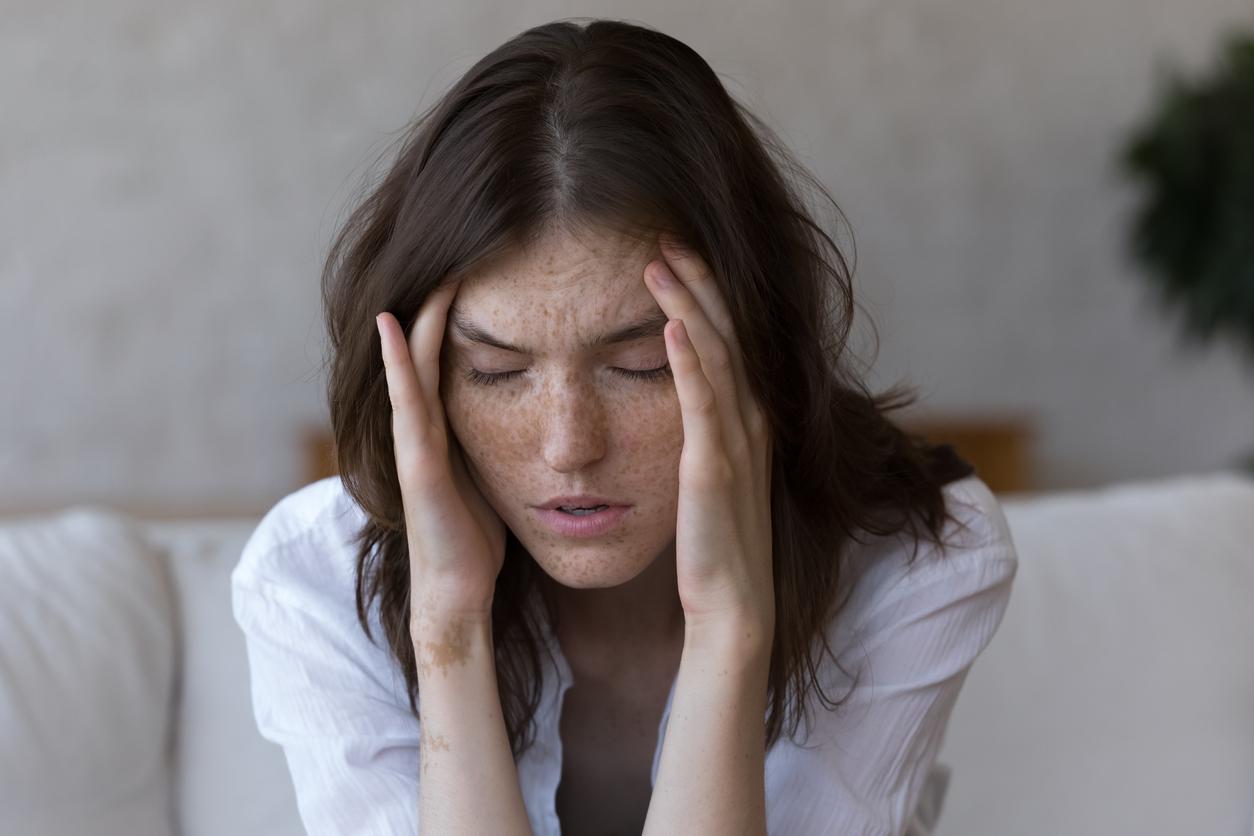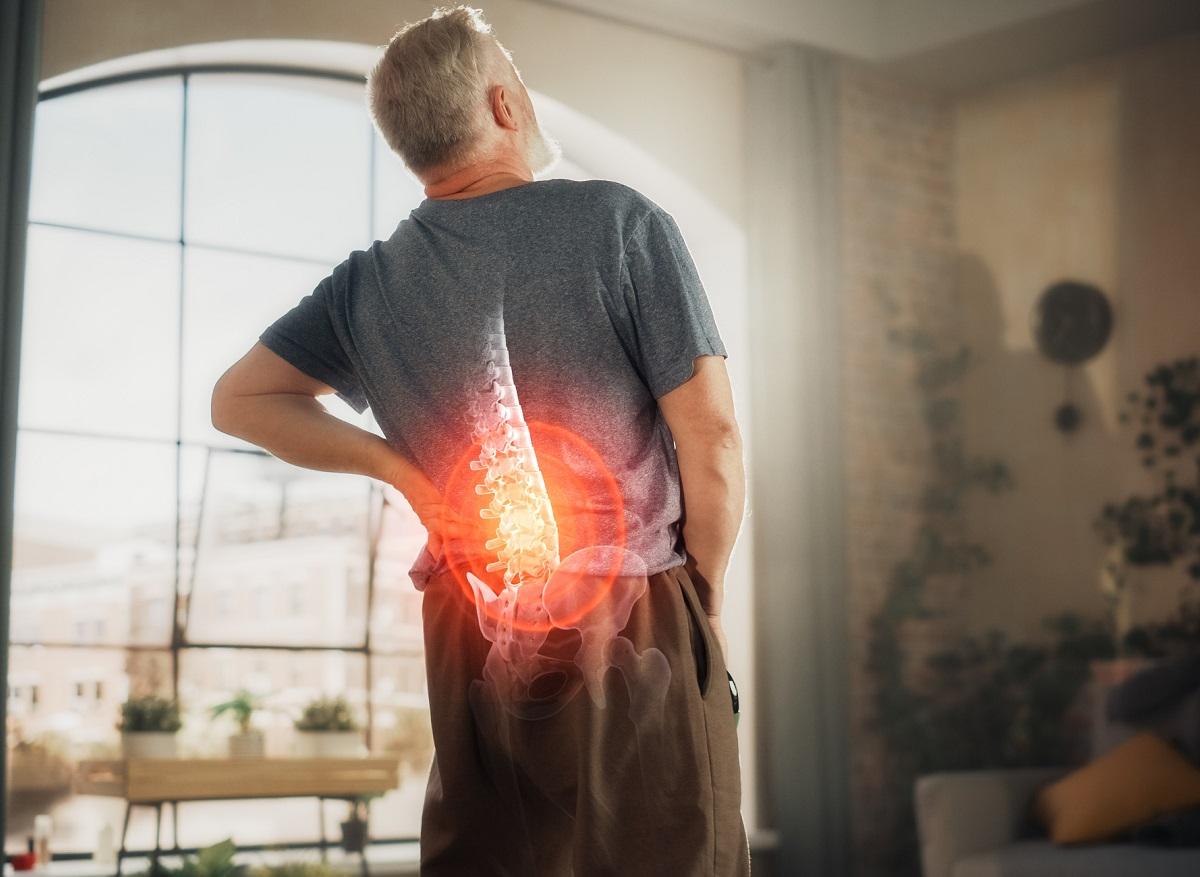The tiger mosquito is spreading strongly according to Public Health France. The agency issues an alert.
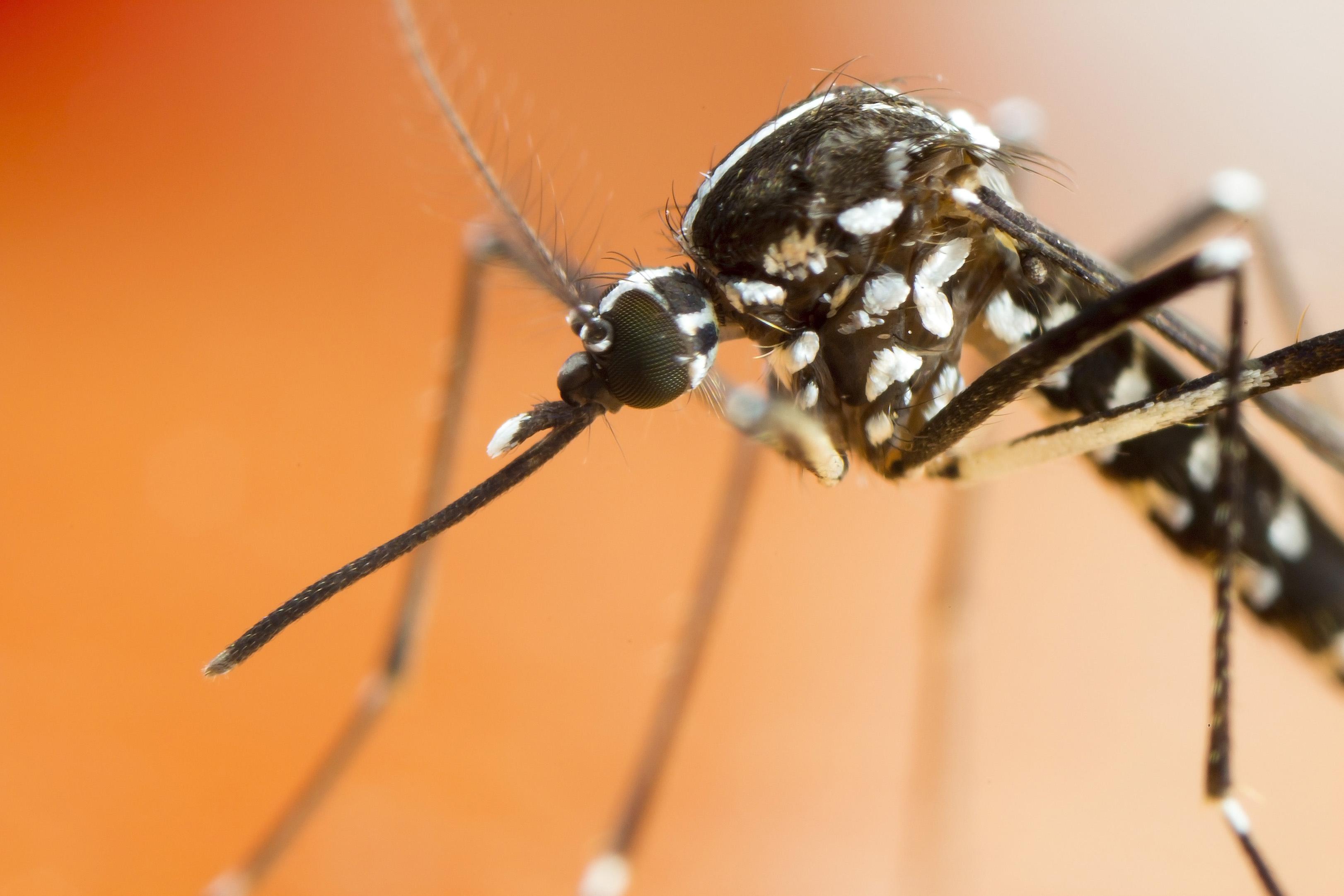
- The tiger mosquito evolves in peri-urban environments as well as in very dense urban areas.
- Unlike the common mosquito, the tiger mosquito tends to bite at dawn or dusk.
- In 2022, nearly 66 autochthonous cases of dengue were recorded in metropolitan France.
Originally from the tropical forests of Southeast Asia, the tiger mosquito (Aedes albopictus) has been established in mainland France since 2004. Very resistant, it mainly develops in peri-urban environments as well as in very dense urban areas. In the event of a bite, this pest can in particular transmit vector-borne viral diseases such as dengue fever, chikungunya or zika to humans.
66 indigenous cases of dengue fever recorded in 2022
In a recent study, Public health France recorded 378 imported cases of dengue, 23 of chikungunya and 6 of Zika in 2022. However, indigenous cases of dengue, in other words patients who have not traveled to areas where the virus is actively circulating, have seen a significant increase . The health organization notably recorded 66 indigenous cases of dengue fever in 2022, while 48 cases were observed over the entire period 2010-2021.
The French regions concerned by these autochthonous cases of dengue fever are Occitanie (12 cases), Provence-Alpes-Côté d’Azur (52 cases) and Corsica (2 cases). “Six of these episodes occurred in departments where no autochthonous cases had previously been reported (…) The occurrence of autochthonous dengue cases is now an expected phenomenon in the south of France, but the situation was exceptional in 2022: increase in the number of episodes, their intensity and the geographical areas concerned”can we read in the document from Public Health France.
How to protect yourself from the tiger mosquito?
Unlike the common mosquito, the tiger mosquito tends to bite at dawn or dusk, and is silent. To protect yourself from bites and the risk of viral diseases, the National Agency for Food, Environmental and Occupational Health and Safety (ANSES) recommends in particular wearing long, light-colored clothing, using repellents skin and install mosquito nets in his room.










